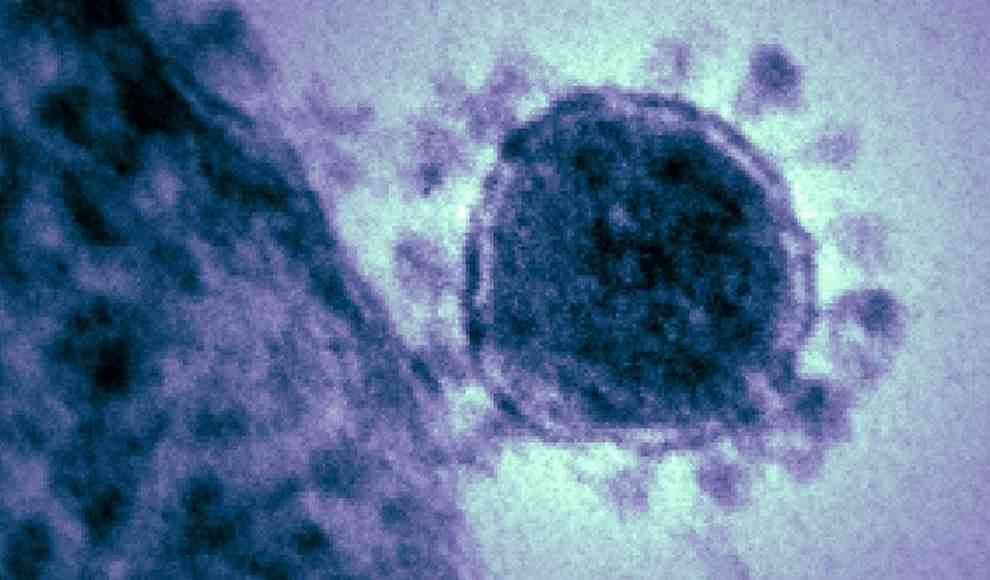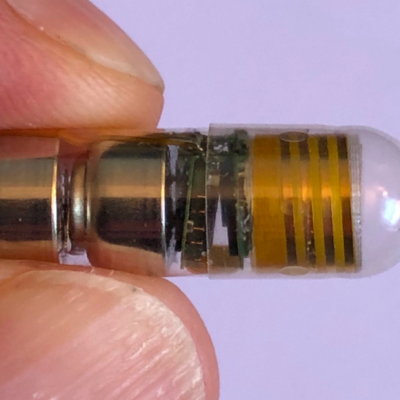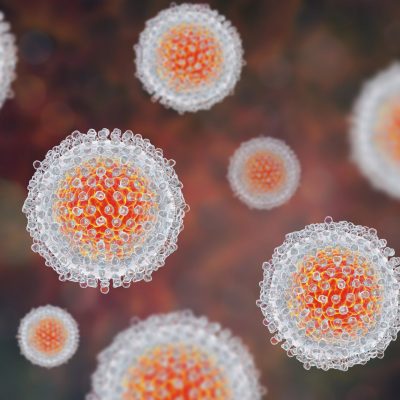A new molecule, CR-31-B, has been found to significantly inhibit the replication of the coronavirus in laboratory tests. However, it has not yet been approved as a medication. The coronavirus outbreak, which began in China in December 2019, has infected over 8,000 people and caused almost 200 deaths. The World Health Organization has declared a public health emergency of international concern due to the rapidly increasing number of infections. The lack of treatment options is a major concern for medical professionals. While doctors can treat symptoms, there is currently no way to directly combat the virus.
Researchers at the University of Marburg have discovered a new compound that successfully inhibits the replication of coronaviruses in laboratory tests. The compound, CR-31-B, is structurally similar to Silvestrol, a natural compound found in Mahogany trees that has been used as a traditional medicine in Borneo for various illnesses. Both compounds work by blocking the enzyme eIF4A in infected cells, which the virus needs to produce its own proteins and replicate. While Silvestrol is difficult to produce in large quantities, CR-31-B is easier to synthesize.
In experiments with infected cell cultures, both Silvestrol and CR-31-B were found to reduce the concentration of the virus in cells equally. Both compounds also work against other viruses, including Zika, Lassa, and Krim-Congo fever. However, Silvestrol is more effective against the Hepatitis E virus. Despite these promising results, CR-31-B cannot be used clinically as a medication until it is approved. Therefore, it cannot be used to treat the current outbreak of the coronavirus.
In conclusion, the discovery of CR-31-B is a significant step towards finding a treatment for the coronavirus and other viruses. However, further research is needed to determine its safety and efficacy as a medication.










